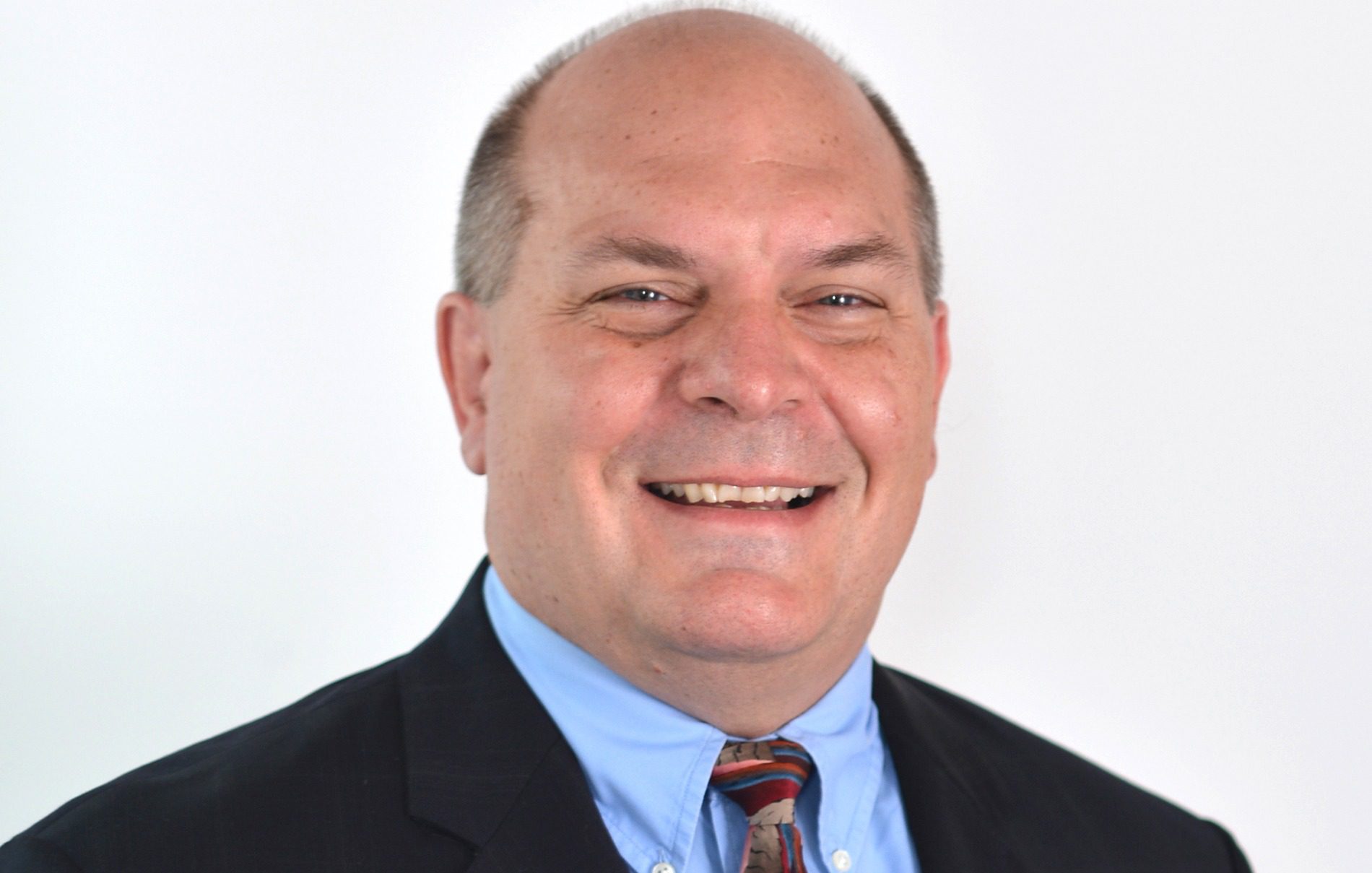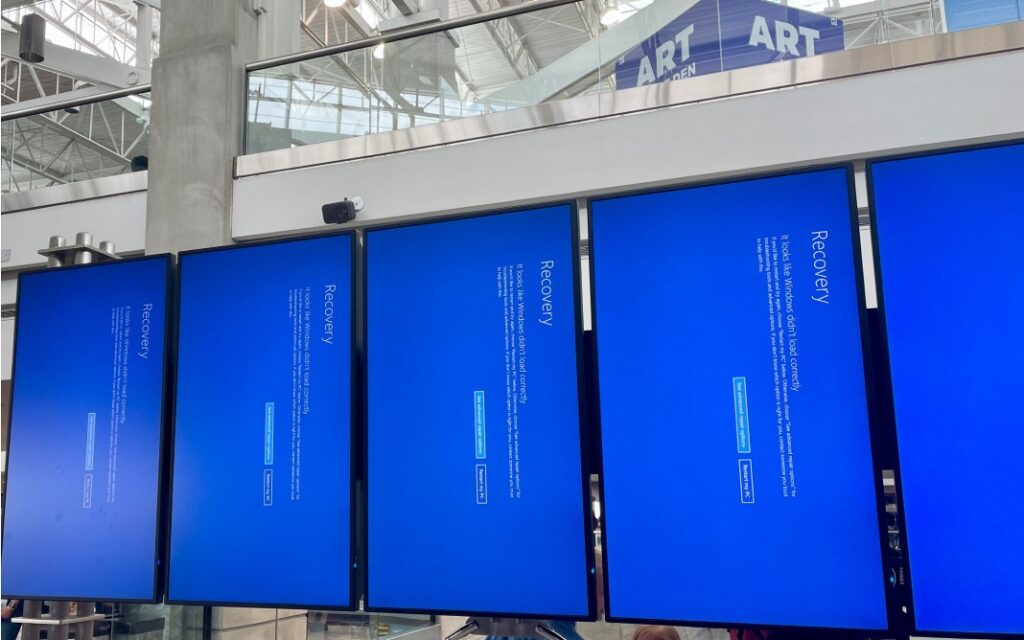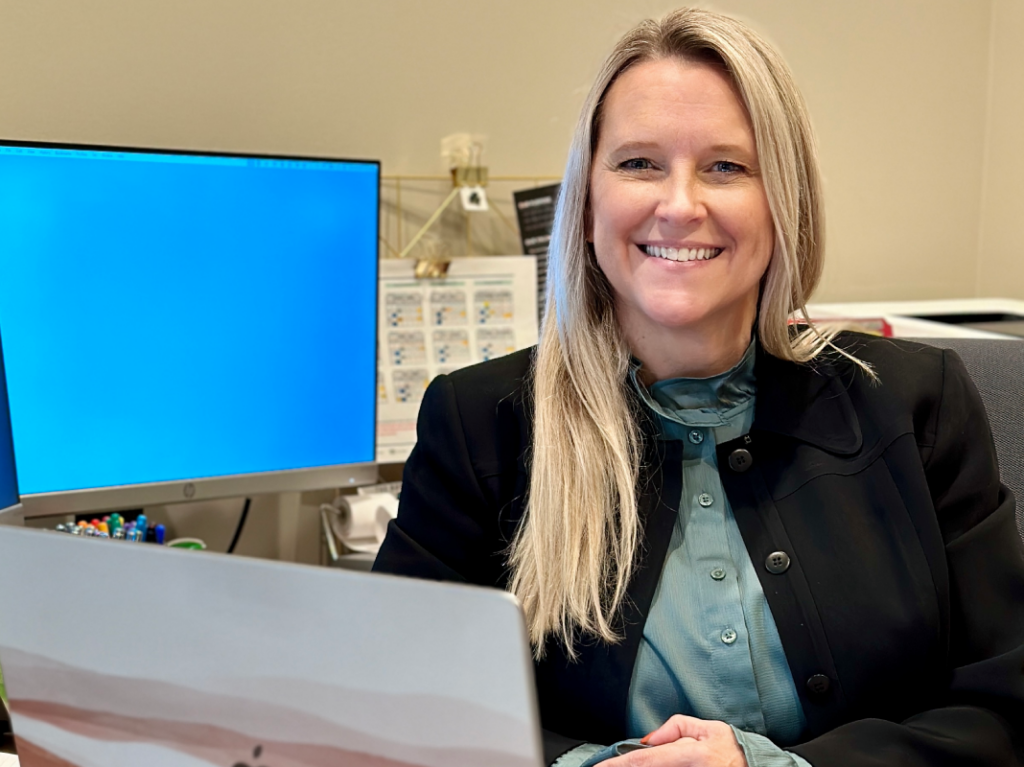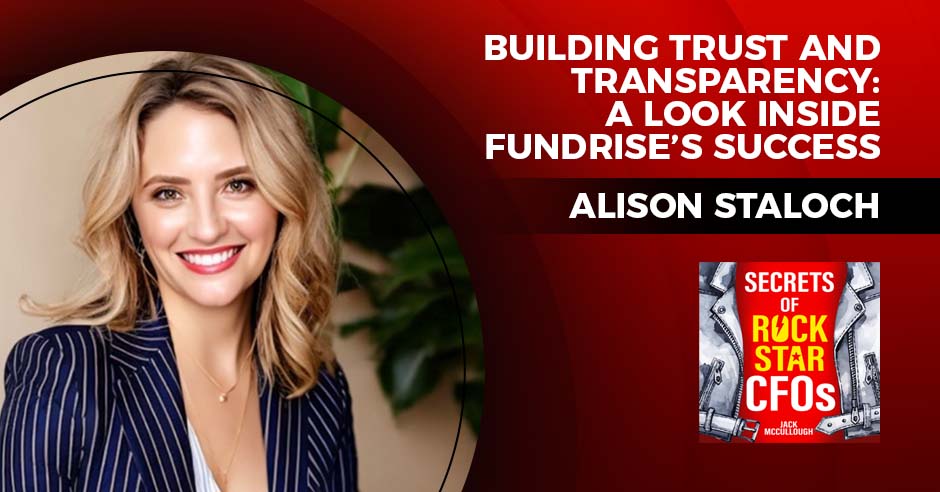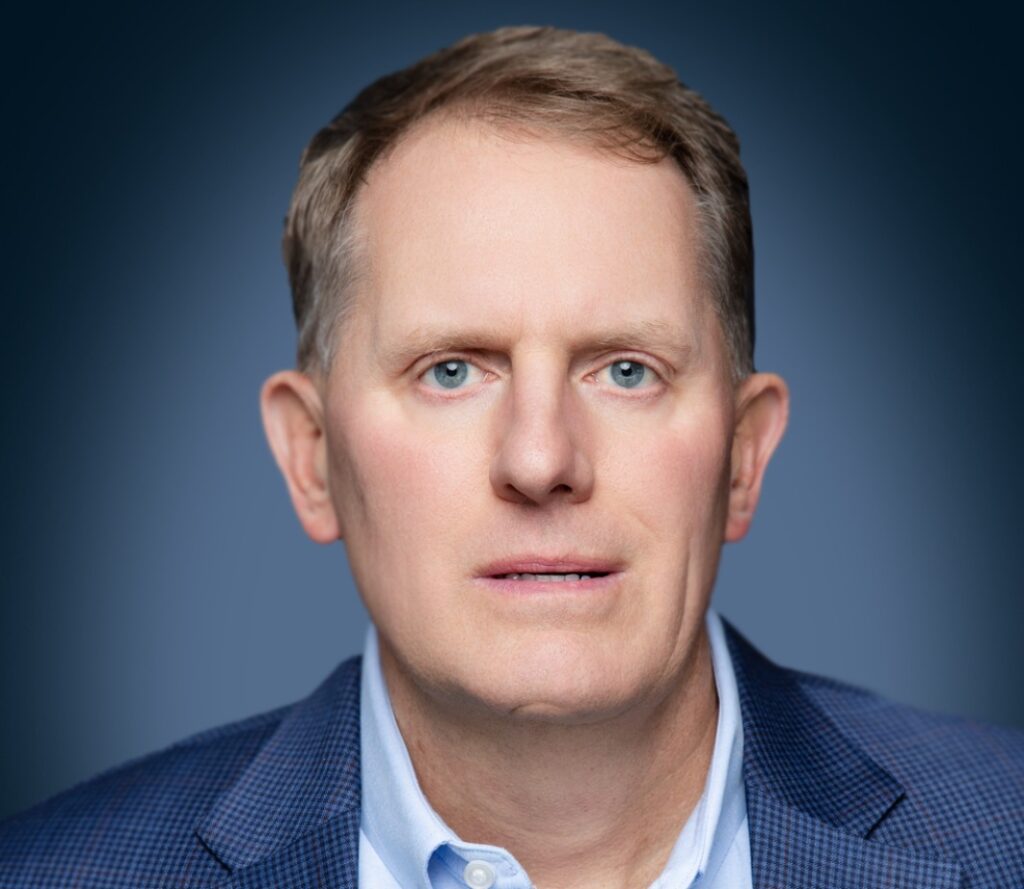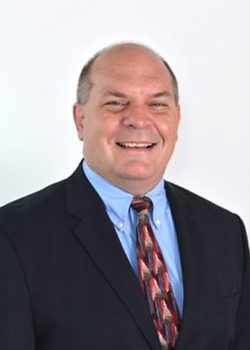 Tod A. Nestor is CFO and president of Energy Focus Inc. in Solon, Ohio, which provides sustainable LED lighting and lighting control technologies, as well as a new UV-C disinfection product portfolio. Nestor was tapped to join Energy Focus in July 2019, to work with the company’s CEO James Tu, who returned to the position in April 2019 to relaunch and turn the company around. In the following interview, Nestor tells us more about the company’s new direction and why CFOs should strive to be active listeners.
Tod A. Nestor is CFO and president of Energy Focus Inc. in Solon, Ohio, which provides sustainable LED lighting and lighting control technologies, as well as a new UV-C disinfection product portfolio. Nestor was tapped to join Energy Focus in July 2019, to work with the company’s CEO James Tu, who returned to the position in April 2019 to relaunch and turn the company around. In the following interview, Nestor tells us more about the company’s new direction and why CFOs should strive to be active listeners.
Why the need to relaunch?
The business model had been exclusively through agents, which implied the products were a commodity, and this translated into declines in sales and profitability. James brought a new vision: Energy Focus is actually a sustainable technology company that provides services and products around lighting to better human well-being.
Your company is now branded around ‘human-centric lighting’ – what is that exactly?
Based on a lot of research surrounding how lighting can impact productivity and human health, this year we launched a combination control switch and light called EnFocus, which enables dimming and color tuning to coincide with people’s circadian rhythms. This not only increases energy efficiency but also can have a positive effect on human well-being. It also reduces the cost of installation, so it’s very affordable and is extremely simple to install.
We’ve also launched a portfolio of germicidal UV-C disinfection products that addresses airborne viruses and other pathogens through lighting fixtures and a portable device at very affordable prices, along with surface-based viruses and pathogens through an autonomous robot.
How has your business model changed?
We still use agents, but now we now have a much more diverse approach to go to market: we also go through ESCOs – energy service companies and distributors. We’re also pursuing channel partnerships within our existing customer base, and we’ll announce some of those in the coming months. We’re working to market and sell directly through and to some of our large end-customers within the commercial and industrial sectors, primarily in elder care and other health care facilities, education and warehouses.
How has your prior experience helped at Energy Focus?
I came to the company because I thought James’ vision for the company was a great idea, and also because I came into a role where I could impact the outcomes. I brought a lot of varied experiences to help execute James’ vision.
I’ve worked with large multi-nationals, middle-market companies and start-ups. I have worked for publicly traded, private-equity/venture backed, and privately owned companies, in addition to being the CFO of one of the highest deal-count venture capital firms in the world.
I’ve worked across industries, including retail, food manufacturers, chemical packaging, automotive/fleet management, and I’ve had CFO roles with companies where I was responsible well beyond finance, including managing their supply chains. I also served in various roles at companies, not always in finance. I have a lot of expanded skills and experiences that now benefit me in my president and CFO role, as well as the company.
How has the finance profession changed since you first started?
Early in my career I think finance was viewed almost as a side function, and not very involved in driving decision making and in helping to form strategy — I believe finance has evolved significantly since then. People who can combine skill sets of economics and finance with strategy have a competitive advantage in negotiations as well as value-based decisions. Finance people are also well suited to add value in the decision-making process.
Anything else to add?
The softer side of being an executive: You need to speak to your people. You can learn from everybody. The key thing in business is allowing groups to speak and then having the ultimate accountable person make the decision. Even though ultimately someone has to be accountable in decision-making, you also need to hear the voices of others and be open-minded. Not just listen, but actually take into account other people’s views. You don’t have to agree, but there’s value in being an active listener – you always get a better outcome.


